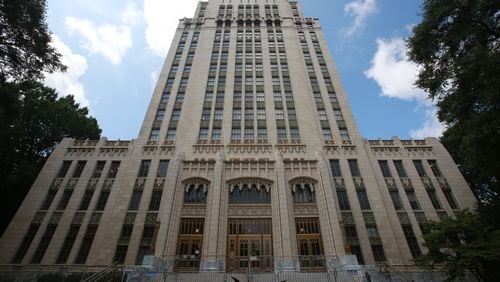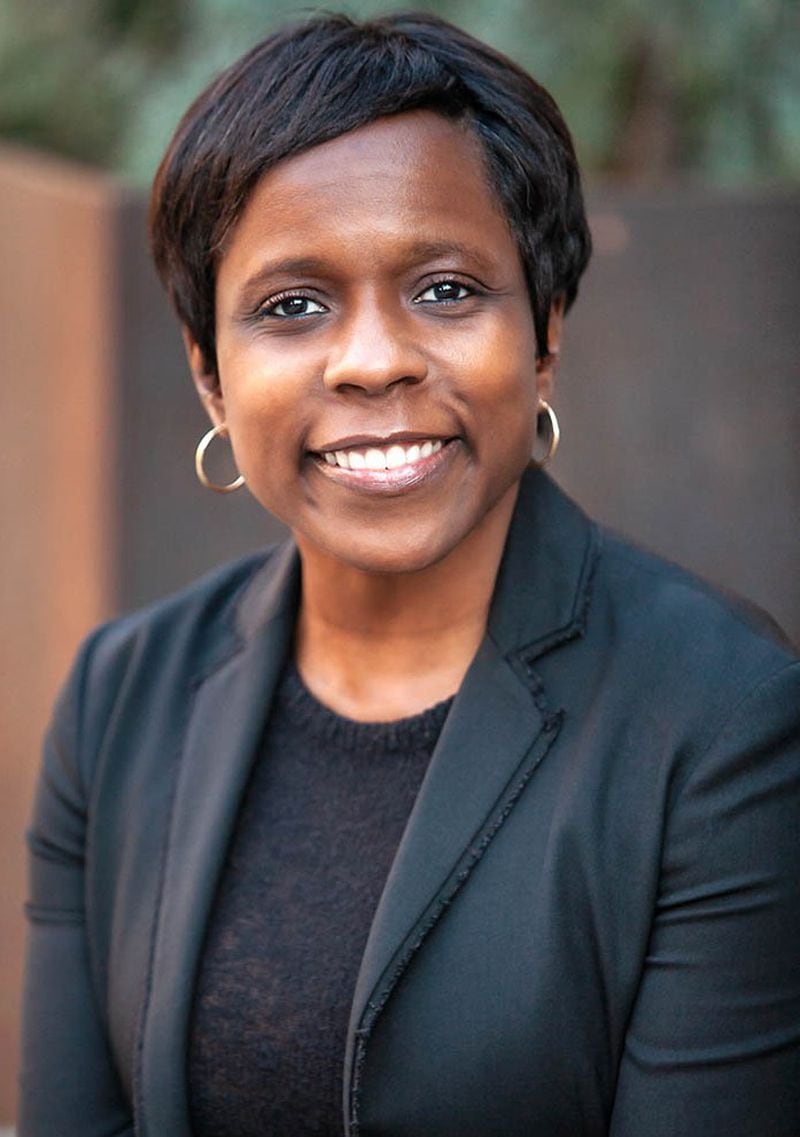Atlanta’s Ethics Office is one step closer to full independence after City Council took the first of two required votes to amend the city’s charter for its anti-corruption agencies.
Atlanta’s two-decades old ethics office oversees the city government’s financial disclosures and Code of Conduct. The previous city council voted to merge ethics with the new Office of the Inspector General (OIG) three years ago. Last November, Ethics Officer Jabu Sengova asked eight councilmembers, including four new lawmakers, to draft legislation to restore her office’s separate budget and administrative functions.
The ordinance would also clarify the role of Inspector General Shannon K. Manigault, who investigates a million-dollar plus city contracts as well as allegations of fraud, waste, abuse and misconduct in Atlanta’s government. Last month, she asked the council to consider revisions that would expand her ability to root out corruption.
On Monday, the council voted to refer the legislation back to their committees for further review before their final vote, which could occur next month. The vote comes a week after the council’s Finance/Executive Committee convened with Sengova and Manigault to review the council’s latest version of the legislation.
The latest form of the ordinance would also require officials and employees from City Hall, as well as contractors and vendors working with the city, to cooperate with the IG and Ethics for investigations and reviews.
Additionally, the ordinance would establish a reporting process for allegations of retaliation against whistleblowers. It would also change the nominating process for the governing board of the two watchdog agencies. The mayor and city council appoint those board members, but the ordinance would let Atlanta’s seven colleges/universities collectively nominate one member by majority vote.
Sengova and Manigault thanked the council for the changes during last Wednesday’s committee meeting.
Credit: City of Atlanta
Credit: City of Atlanta
But Manigault also noted the latest version lacked a number of changes she proposed to benefit the IG office. She said those changes would address limitations in the current legislation, as well as previous issues in the city.
“With all of the indictments, the guilty pleas and guilty verdicts and sentencings, I don’t think I need to belabor the need for the office,” Manigault said.
But, she added, “I appreciate the work of the council in not only creating this office but also with all that’s gone on to support this office. That support is not something that I take for granted.”
Atlanta City Hall has been under a years-long federal investigation that implicated four city contractors and seven officials from former Mayor Kasim Reed’s administration, including bribery convictions against his chief procurement officer and a deputy chief of staff.
Last month, former Atlanta Watershed Commissioner Jo Ann Macrina was sentenced to four and a half years in prison after she accepted bribes from a contractor who obtained millions of dollars in city work. Last year, Pastor Mitzi Bickers, a former city insider, was sentenced to 14 years in prison for operating a cash-for-contracts scheme at City Hall.
Atlanta City Councilmembers Marci Collier Overstreet and Alex Wan said last week that they just want to currently focus on any immediate logistical issues with the OIG ahead of Atlanta’s next fiscal year budget.
“I do anticipate we’re going to have to continue refining because there may be models from the across the country we can follow, but I think we need to be very intentional about crafting it specific to Atlanta,” Wan said.








